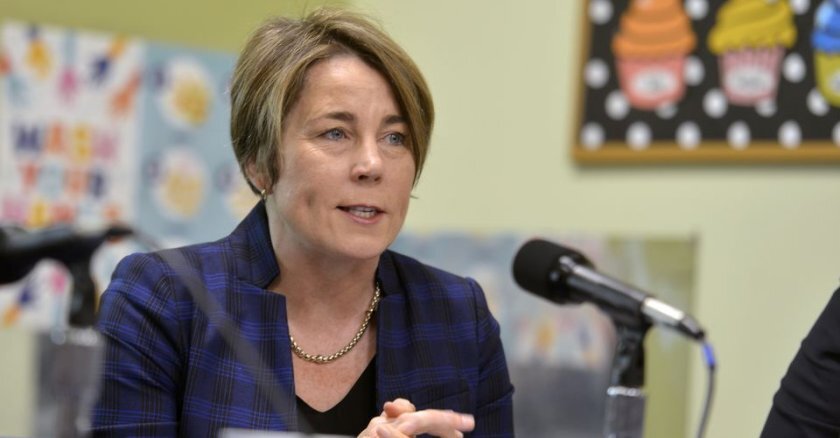In Brief:
If Gov. Gavin Newsom’s proposed budget cuts go through this summer, some Californians may have a tough time getting access to fresh food. With the state facing a massive shortfall, one of the programs on the chopping block is the California Nutrition Incentive Program, which helps low-income households acquire fresh produce from state growers. Its funding would shrink from $35 million to just $1.8 million.
Newsom will revise his budget proposal next month, after income tax returns come in and present a clearer picture of the revenue situation. As of now, California faces a projected shortfall over three years estimated at anywhere from $38 billion to $73 billion. Even if the governor's lower and more optimistic figure is accurate, that leaves a lot of billions to cut.
In addition to cuts or flat spending in a wide range of areas such as nutrition assistance, higher education, housing and homelessness, the shortfall threatens to curb the state's policy ambitions in areas such as AI and climate. "In the absence of a tax increase of some kind, direct or indirect reductions in the programs that progressives and their legislative allies cherish would seem to be inevitable," wrote CalMatters columnist Dan Walters.
Last month, Democrats in the state Senate released a plan they dubbed "Shrink the Shortfall." The plan draws on the state's rainy-day funds, as well as program reductions, to reduce the shortfall by $17.1 billion. The package mirrors many of the proposals in Newsom's budget.
The plans from both the governor and legislators rely heavily on shifting costs into future fiscal years. In other words, some programs aren't being cut so much as their true costs are being delayed. Some analysts warn this is like running up the state's credit card and hoping to have the money in time to make payments later.
"State revenues in the out-years would need to exceed the administration’s forecast by roughly $50 billion per year in order to sustain the spending proposed by the governor’s budget," according to the state's Legislative Analyst's Office.
Constraining Policy Ambitions
California has long been a leader in enacting policies to address climate change. Last fall, Newsom signed a pair of measures to require large companies to disclose information regarding both their contribution to climate change through emissions as well as their efforts to mitigate climate impacts and address their own risks. The New York Times described the legislation as "a move with national and global repercussions."
Now Newsom proposes putting the legislation largely on hold, or least limit its enforcement. His budget would delay staffing for implementation of the new laws, while also cutting funding for coastal resilience programs in half, from $1.3 billion to $660 million.
Naturally, supporters of this program and others are concerned about the consequences of spending cuts. “For every dollar saved right now, Californians will pay exponentially more in the devastation of communities, livelihoods and lives lost," Mary Creasman, CEO of California Environmental Voters, complained about the climate cuts.
Supporters of all sorts of programs are warning about the impacts of potential cuts. But the reality is that, absent tax increases, cuts are going to be the order of the day in Sacramento this year.
"The governor and Democrat policymakers need to acknowledge the true extent of the shortfall," says GOP state Sen. Brian Dahle. "It's much bigger than they're even willing to admit."












